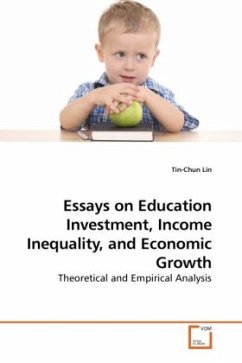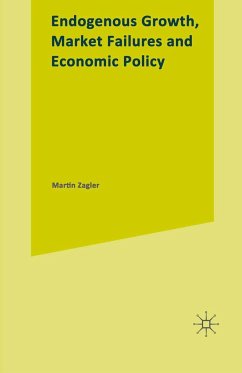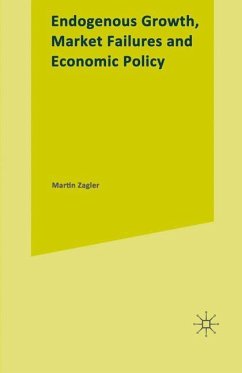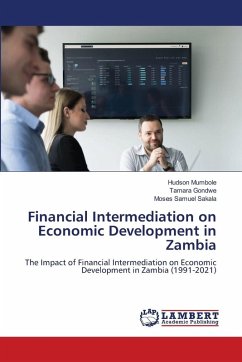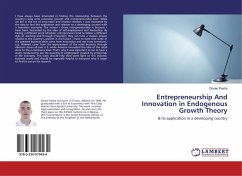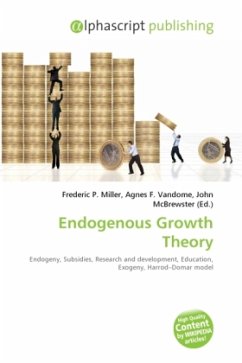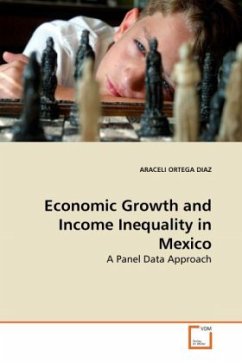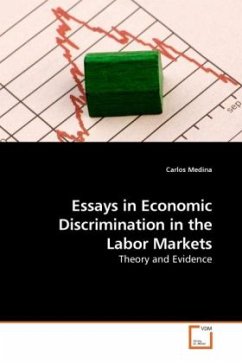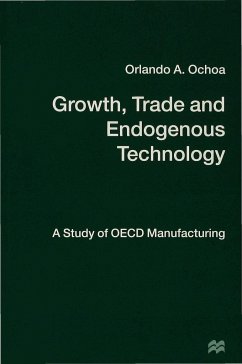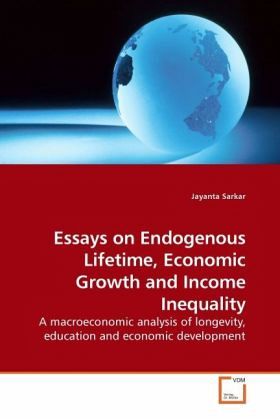
Essays on Endogenous Lifetime, Economic Growth and Income Inequality
A macroeconomic analysis of longevity, education and economic development
Versandkostenfrei!
Versandfertig in 6-10 Tagen
32,99 €
inkl. MwSt.

PAYBACK Punkte
16 °P sammeln!
In early economic literature higher per-capita income have been associated with, and in most cases claimed to have led to lower fertility and mortality. New research, however, argues in favor of an opposite causal direction. This book is an effort to build theoretical models that highlight the interplay between these demographic variables and macroeconomic indicators (such as growth and inequality of income) in a way that has not been discussed before. In the first essay, fertility and child mortality outcomes are assumed to be determined by family decisions. It demonstrates how rich-poor diff...
In early economic literature higher per-capita income have been associated with, and in most cases claimed to have led to lower fertility and mortality. New research, however, argues in favor of an opposite causal direction. This book is an effort to build theoretical models that highlight the interplay between these demographic variables and macroeconomic indicators (such as growth and inequality of income) in a way that has not been discussed before. In the first essay, fertility and child mortality outcomes are assumed to be determined by family decisions. It demonstrates how rich-poor differences in child mortality may generate an income inequality trap characterized by higher child mortality and lower degree of skill formation among the poorer households. The second essay considers growth and welfare consequences of different educational funding methods when adult longevity is determined by public health spending. The third essay relaxes the standard neo-classical assumption of constant time preference and demonstrates the existence of a stable, non-trivial competitive equilibrium when individuals degree of impatience is assumed to diminish with levels of consumption.



